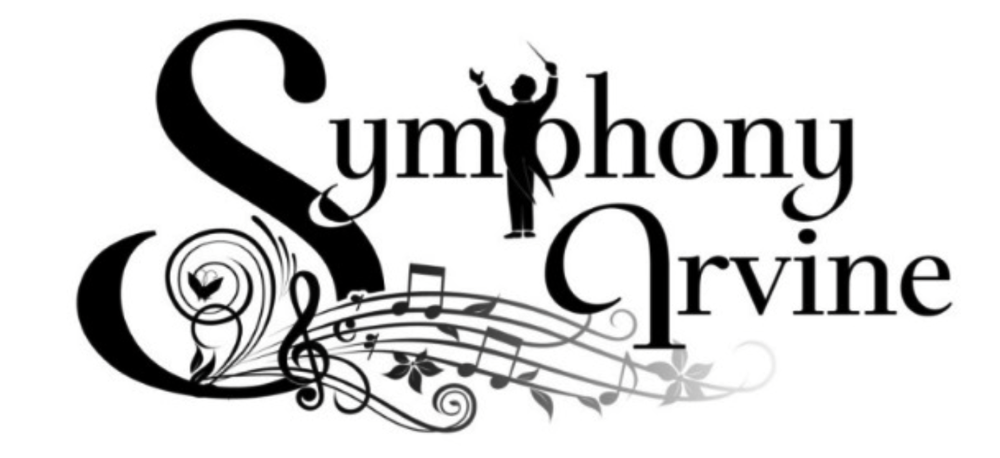
Dramatic baritone John Davies spent the formative years of his long singing career performing many of the oratorios of Handel, Bach and Haydn among others, as well as performing a large number of German Lieder (a unique form of German classical song), including song cycles by Schumann, Schubert and Brahms. In 1983, he commenced coaching with the late Jack Metz, formerly of the Los Angeles Music Center Opera. During his time with Metz, he studied principally the operatic repertoire of Verdi and Puccini which his voice seemed suited for, adding Scarpia (Tosca), Iago (Otello), Rigoletto (the title role of that opera) and Elijah (the title role of that oratorio) to his repertoire.
In 1987, he became artistic director and principal baritone of the City of Sydney Ensemble which was Australia's pre-eminent professional vocal performance ensemble. The following year, with the Ensemble, he delivered the official Australian Bicentennial opera recital series (for which Davies was awarded the gold Australian Bicentennial medal) and continued to perform recitals with the Ensemble for the following five years. Later, he became resident principal baritone of the National Chamber Opera of Australia—a position which he held for several years.
UK born composer, Christopher Leechman composed a lengthy song cycle specifically for Davies' voice in 1993 based on the time sonnets of William Shakespeare. This work, entitled simply "Time Sonnets", was given its world premier in front of a standing-room-only house in the spiritual home of classical music in Australia, the prestigious Sydney Town Hall.
In 1997, at the request of the sisters of Saint Joseph, he composed the celebratory music for the impending canonization of The Blessed Mary MacKillop. He carried out this commission philanthropically and later received personal acknowledgement from Pope John Paul II for his contribution to the furthering of sacred music.
In 1999, he was selected by the People's Republic of China to be the male representative of western classical music in China, performing with the Shanghai Broadcasting Network (now the Shanghai Media Group). In the SBN Cross Year 2000 series, he helped pioneer 'off-site (remote location) accompaniment' whereby the orchestra and singers are in two different locations—in this case, two different continents. That technology is used today at the Academy Awards in Hollywood.
To date, he has sung, by live performance or broadcast, to a total audience number in excess of two billion in something over 130 countries. A recipient of numerous significant music and cultural awards, he graduated from the Royal Schools of Music, Trinity College and the University of Sydney.
In 2011, he was diagnosed with life-threatening cancer with a prognosis of three years, as a result of which he went into retirement. This series of Verdi Requiem performances marks his return to the concert stage.